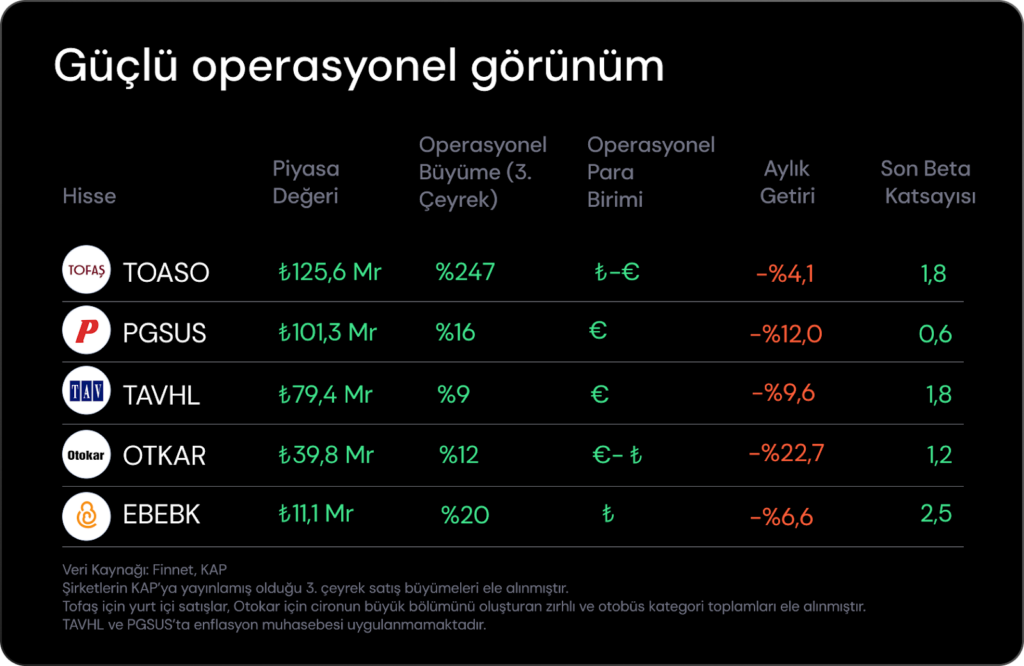The daily working hours in Greece increased to 13 hours with historical changes.

Greece has taken a historic step regarding working hours by approving a bill that increases the daily working hours in the private sector from 8 hours to 13 hours. This decision was approved in the Greek Parliament despite facing widespread protests and strong opposition in the country.
The new regulation will only apply to the private sector and will be implemented based on various preferences of the employees. The law allows employees to work a maximum of three days per month for 13 hours, as long as they do not exceed a total of 37 working days per year. This situation makes Greece the first country in the European Union to allow daily working hours of up to 13 hours.
This change in working life has increased concerns among many workers and unions. The approval of the law has sparked debates about the potential negative effects on the quality of life of employees. The protests occurring in Greek society are seen as a reflection of these concerns, as many individuals argue that long working hours could negatively impact mental and physical health.
While the sectoral impacts of the new regulation are not yet fully predictable, it may offer flexibility for employers while representing an additional burden of work for employees. Economists are concerned about how such laws will affect economic growth and competitiveness while maintaining social balance.
This change in Greece could serve as an example for other countries in Europe. However, the applicability of the laws and their effects on the labor market will be developments closely monitored in the international business world. The potential impacts of extended working hours on employee satisfaction and productivity will continue to be a topic of discussion in the upcoming period.
Benzer Haberler
.png)
Yakında Tüm Platformlarda
Sizlere kesintisiz haber ve analizi en hızlı şekilde ulaştırmak için. Yakında tüm platformlarda...









.png)